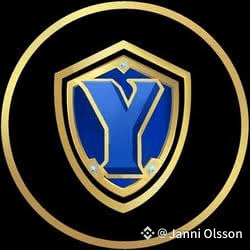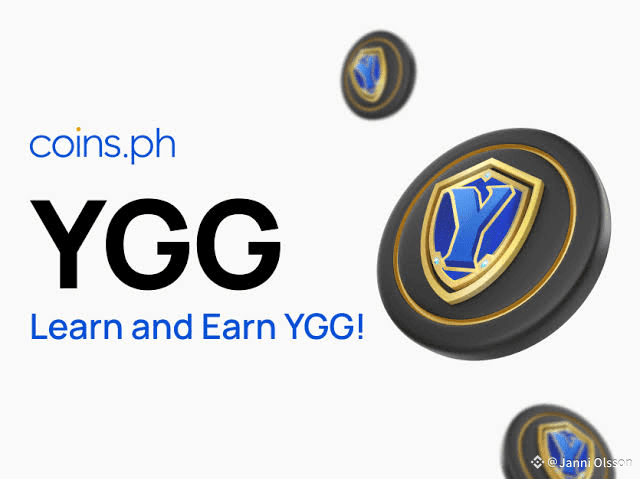
When I first heard about Yield Guild Games, I didn’t fully understand what made it different. It looked like another gaming DAO — until I dug deeper. Slowly, it became clear that YGG isn’t trying to build one game, one world, or one product.
It’s building access.
Access to opportunity. Access to digital economies. Access to a future where players finally own the value they create.
What struck me first was how YGG treats NFTs. Not as collectibles, not as hype assets — but as productive tools. A rare character, weapon, or land plot becomes something that anyone can use to earn, even if they can’t afford the NFT themselves. Players borrow, play, earn, and grow.
It turns NFTs into digital jobs instead of digital toys — and that changes everything.
Then there’s the SubDAO system.
This part honestly blew me away. Each SubDAO focuses on a specific game, creating mini-communities inside the larger guild. It keeps things organized, intentional, and deeply connected to player passion. Strategies form naturally. Leadership emerges. People who love the same game move together like a team.
It feels decentralized but coordinated — a rare balance in the gaming world.
The staking vaults are another layer I didn’t expect. Even on days I don’t feel like grinding a game, I can still stake my YGG, support the guild, and stay connected to the ecosystem. It makes the guild feel alive — like a world that runs even when you’re offline.
But the thing I respect most is the governance model.
Unlike many DAOs that pretend to be decentralized, YGG gives real weight to community voice. Discussions are meaningful. Votes matter. Direction is shaped by real players, not corporate suits. It feels like a digital nation built on shared belief, not a company with a token.
And somewhere along the way, the bigger idea clicked:
YGG isn’t just about gaming — it’s about enabling digital economies where players own their time, their progress, and their value. Games stop being just entertainment. They become ecosystems.
They become opportunities.
They become livelihoods.
In the old world, game studios owned everything — the assets, the marketplace, the profit.
In YGG’s world, that value goes back to the players and the communities who actually create it. And that shift might end up being one of the most important changes in the future of gaming.
That’s why YGG feels different.
Not because it’s flashy.
Not because it’s loud.
But because it’s quietly building the next era — where millions of players step into virtual worlds and walk away with real ownership.
It’s the kind of future worth believing in.
And it’s why I think $YGG will matter far longer than the hype cycles we see today.


